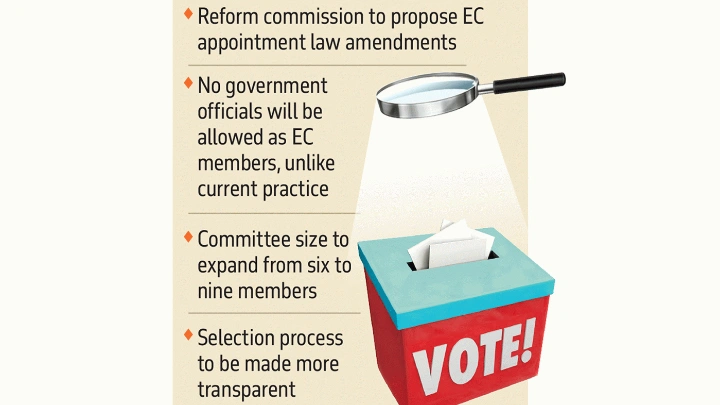Since most of the communication and interactions happen behind keyboards and screens, its often very easy to blur the lines between constructive criticism and harassment.
Criticism or harassment? How to know the difference
DailyStar || Shining BD
Just like with every other aspect in life, navigating the internet can have its pros and cons. Since most of the communication and interactions happen behind keyboards and screens, its often very easy to blur the lines between constructive criticism and harassment. Whilst the former is a motivating and valuable prospect for personal growth, the latter can sometimes lead to negative consequences.
Needless to say, it is very important to understand what entails as positive feedback from a negative one and this is what we shall be advising you on, so you can better comprehend how to tackle such incidents online.
Constructive criticism is defined as the method of delivering critique in a very positive and helpful way. Aiming to improve the overall lacking in an individual or their skills and behaviours. Typically, it is very specific and focuses on one's actions and the aftereffects of them, rather than the individual themselves. Although it can be often harsh, it sets a path to genuinely bettering yourself in the long run. Harassment, on the other hand, can take a very vindictive form and feel too personal, intimidating and even humiliating sometimes. Using abusive and threatening languages, it can take a toll on the mind and heart all the same.
Identifying the difference can be very vague, and how to deal with them can be even harder. However, for one's own good, it is important to know. First and foremost, really think of what is being said. Does it feel comfortable to read? Does it add any value to what you were trying to express? Does it make you feel like you gained something from it? If any of the answers to these questions is 'no,' then there might be negative intentions behind them.
There are a few tips to ensure that you are keeping yourself shielded from online harassment. The very first one would be to set up boundaries. Always address clear boundaries between what behaviour you will and will not tolerate. As alluring as it may seem, engaging with trolls or haters is not recommended. You would be better off spending your time in something more productive instead. Simply proceed to block or restrict these individuals from your platforms and move on.
If the harassment seems too persistent, then it's always a good idea to record and document such behaviour. Keep screenshots of messages, comments or interactions. Swiftly proceed to report this to the concerned authorities and they will likely be removed from the platform altogether. It is unwise to start self-investigating because, again, our time can be used elsewhere more usefully and gratifyingly.
If at any point you are feeling completely isolated and frustrated, please make sure to seek assistance. This could be a family member, a friend, loved ones or even a professional. There is no shame in admitting one needs help and you are well within your rights to do so if required. Moreover, you can get advice and an outsider's perspective on how to deal with such incidences in the future too.
Lastly, focus on yourself and things that you genuinely enjoy doing. Engage in activities that bring you joy and confidence. There will always be people who will try to hinder your progress but you should do your best to prove them wrong. There is a video game logic that goes something like this — "If there are no enemies along your way then you are going the wrong way."
Shining BD







































